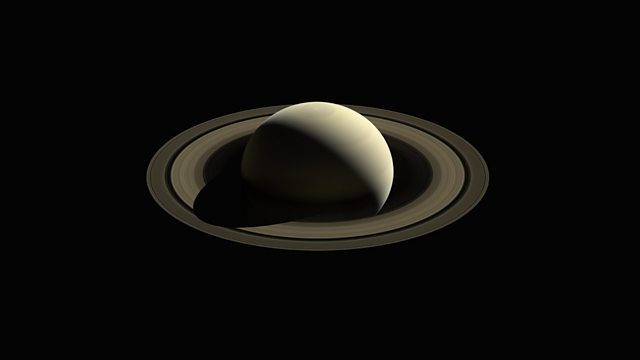Music: The First Theory of Everything
Could the wonders of the universe and nature of creation be explained through music? With the help of original music, Dr Stuart Clark contemplates the harmonies of the cosmos.
Could the wonders of the universe and nature of creation be explained through music? The music of the spheres was a serious intellectual idea that applied music theory to the search for underlying order in the natural world.
Conceived in the 6th century BC, the concept survived for centuries, influencing poets and playwrights, including Shakespeare and Milton, and artists such as Botticelli. It culminated in the 17th century when German astronomer Kepler used the music of the cosmos to give birth to modern astrophysics.
In these five essays, astronomer and award-winning science writer Dr Stuart Clark argues that the concept of harmony – still so prevalent in art – continues to underpin science as well.
Episodes feature original music, composed and performed by Carollyn Eden, to underscore the ideas being discussed. We hear Pythagoras’s scale for the nature of the night sky, the different medieval church modes associated with the cosmos and music based on the intervals that Kepler calculated for the planets – which still hold true today.
In this first essay, Stuart traces the origins of the music of the spheres. From a blacksmith’s shop in Italy, to the universal harmony sung by the universe – where the planets all revolve around the Earth.
The music of the spheres was the first theory of life, the universe and everything. But is it really so different, or far-fetched, to today’s theory that the universe is made up of tiny wiggling bits of string?
This series of essays is produced by Richard Hollingham and is a Boffin Media production for ���Ͽ�����¼ Radio 3.
Last on
More episodes
Previous
You are at the first episode
Broadcasts
- Mon 1 Oct 2018 22:45���Ͽ�����¼ Radio 3
- Mon 27 Apr 2020 22:45���Ͽ�����¼ Radio 3
Death in Trieste
Watch: My Deaf World
The Book that Changed Me
Five figures from the arts and science introduce books that changed their lives and work.
Podcast
-
![]()
The Essay
Essays from leading writers on arts, history, philosophy, science, religion and beyond.





